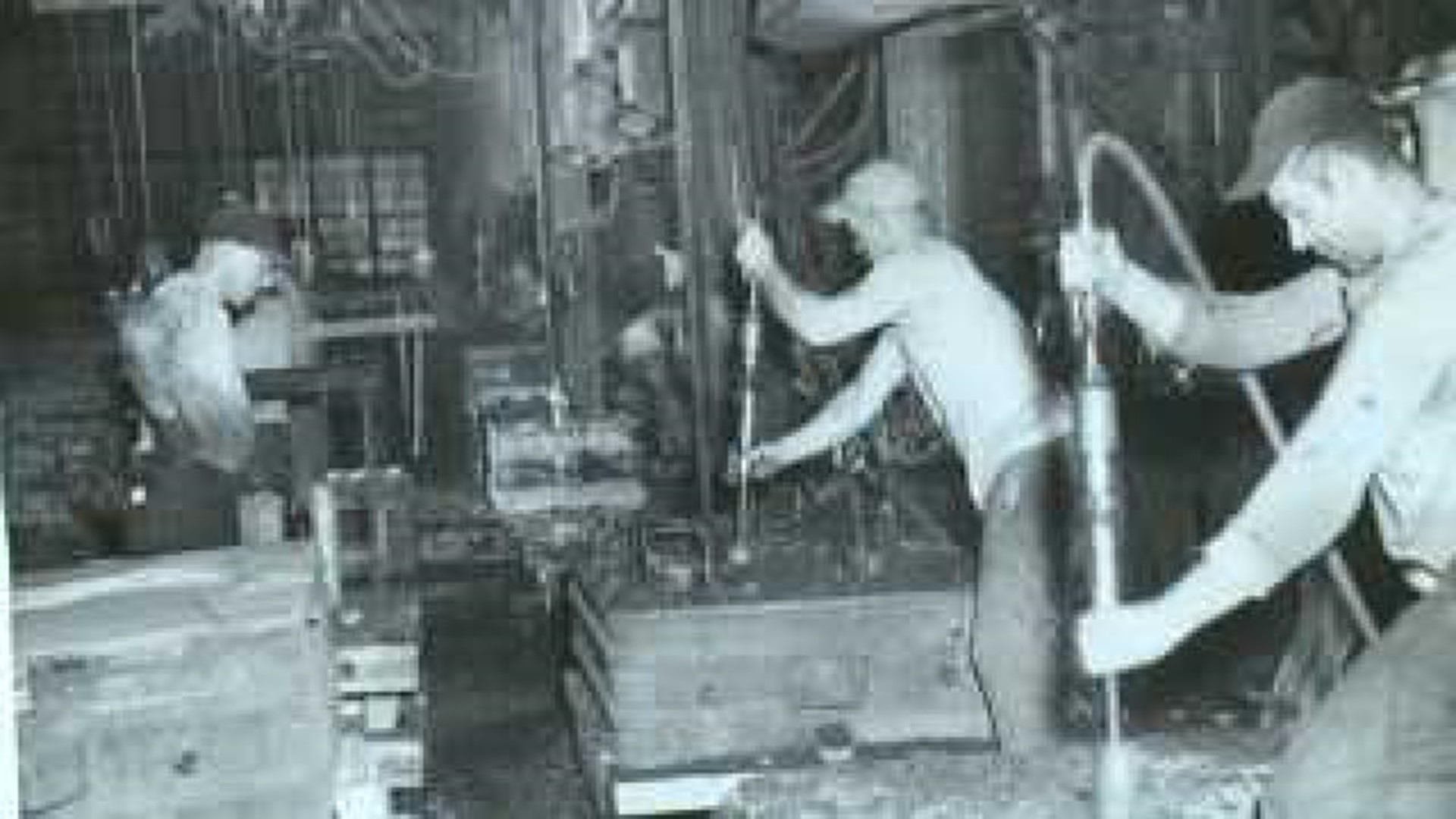It's a case of history reinventing itself in Davenport. It's a show of solidarity for then-striking workers at Nichols Aluminum.
"I want to thank you guys for coming out," said Teamsters Local 371 President Howard Spoon. "I really appreciate it."
As dozens of supporters lined up near the plant on March 26, 2012, Dick Fallow, 91, comes to capture the moment with his camera. It's like a flashback to his youth during the Great Depression.
"People suffered horribly at that place," Fallow recalled. "There was hunger here, mass unemployment. I remember seeing long lines of people waiting just for a bowl of soup. It was not pretty."
Turns out, the good 'ol days really weren't so good after all. While the Quad Cities became a place to make things, the workers who produced products needed protection themselves.
"You had this country teetering on the edge of economic collapse," Fallow said.
Emerging from the New Deal philosophy, labor unions began to play an important role in the workplace and community. That included everything from the Rock Island Arsenal to Deere & Company.
"In the beginning, I think it was protecting the worker," said Jerry Messer, president of the Quad City Federation of Labor and UFCW Local 431. "Improving their quality of life."
That demand helped to inspire the growth of unions around the Quad Cities. It reflected what was happening around the country. Americans were working, but the workers needed rights.
In the Quad Cities, union membership brought better wages, benefits and working conditions. While things weren't perfect, workers gained a voice by joining forces.
"That rise of the middle class dream, that rise of these great years of post World War II America, went hand in hand with the rise of union membership," said Tracy Leone, an organizer for the Iowa Federation of Labor.
That heyday came crashing down with the farm crisis. It uprooted careers, broke up families and changed lives forever.
"During the 80's we lost more than 22,500 manufacturing jobs here in the area," said Jim Hecker, retired UAW international representative. "Most all of that was UAW members' jobs."
It's come full circle for Dick Fallow. First joining a union in 1945, he represents more than a half-century of labor history in the Quad Cities.
"People are finding part of their solution to their problems is working together, standing together, striking together," he concluded.
In this case, history repeating itself for Quad City unions.

